Objectives
The objectives of the AgriXplainer project are both timely and relevant, addressing significant gaps in the educational marketing practices of agri-food micro-businesses, particularly in rural areas.
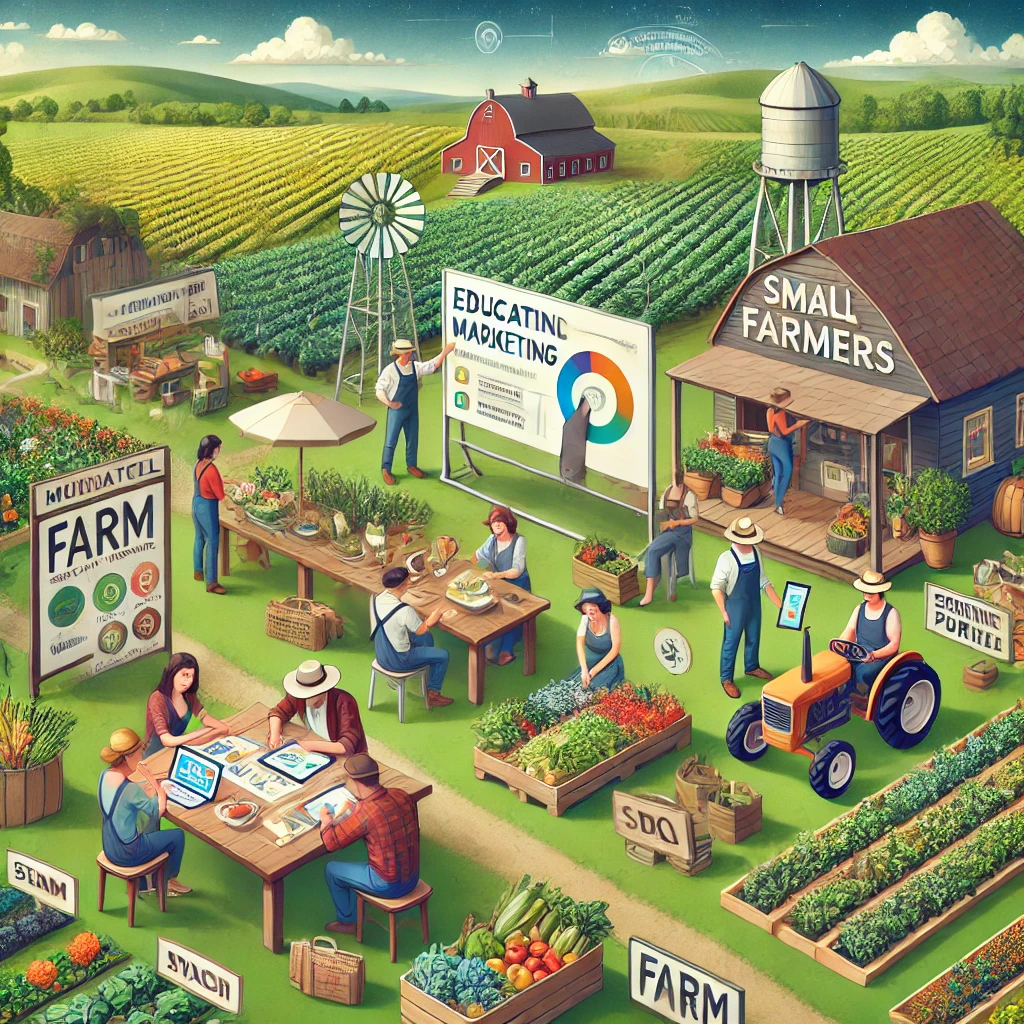
Strengthen educational marketing practices in agri-food micro-businesses in rural areas
Rural micro-businesses often struggle with visibility, marketing, and scalability due to limited access to resources and modern marketing practices. By strengthening educational marketing in this sector, AgriXplainer aims to empower small-scale farmers and agri-food entrepreneurs with the tools and knowledge to improve their market presence. With increasing consumer demand for sustainable and locally sourced food, it is critical for these businesses to effectively communicate their value propositions. This objective is crucial for enhancing their competitiveness in the broader market, leading to more sustainable local economies and reduced reliance on industrial food chains.
Promote common EU standards in educational marketing for agri-food micro-businesses in rural areas
The European Union promotes the harmonization of standards across member states, ensuring that businesses, regardless of their size or location, operate under consistent regulations and best practices. Promoting common EU standards for educational marketing helps rural micro-businesses align with broader market expectations and policies, facilitating their integration into larger value chains. This not only benefits the businesses by making them more market-ready but also ensures that consumers across the EU have access to consistently marketed, ethically produced, and high-quality agri-food products. The EU’s focus on sustainability, ethics, and quality control in food production further supports this objective.
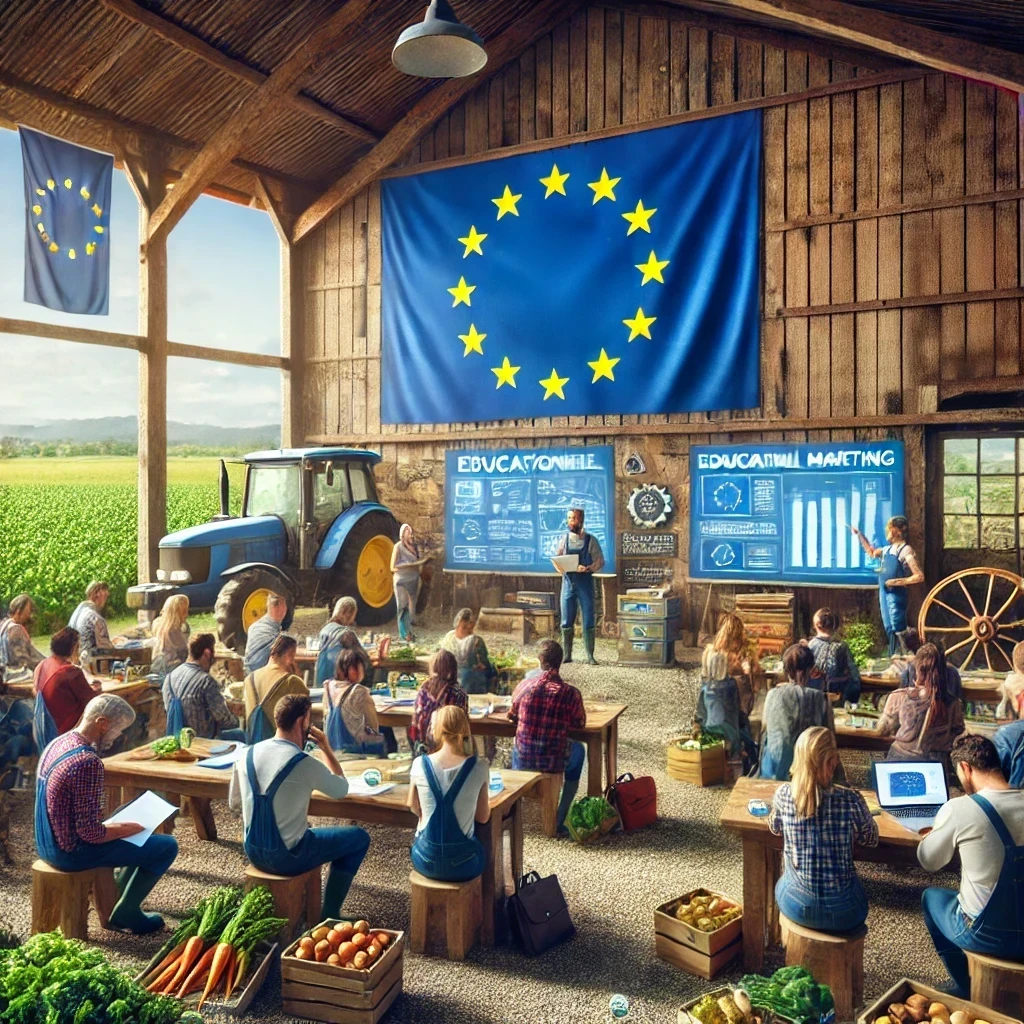
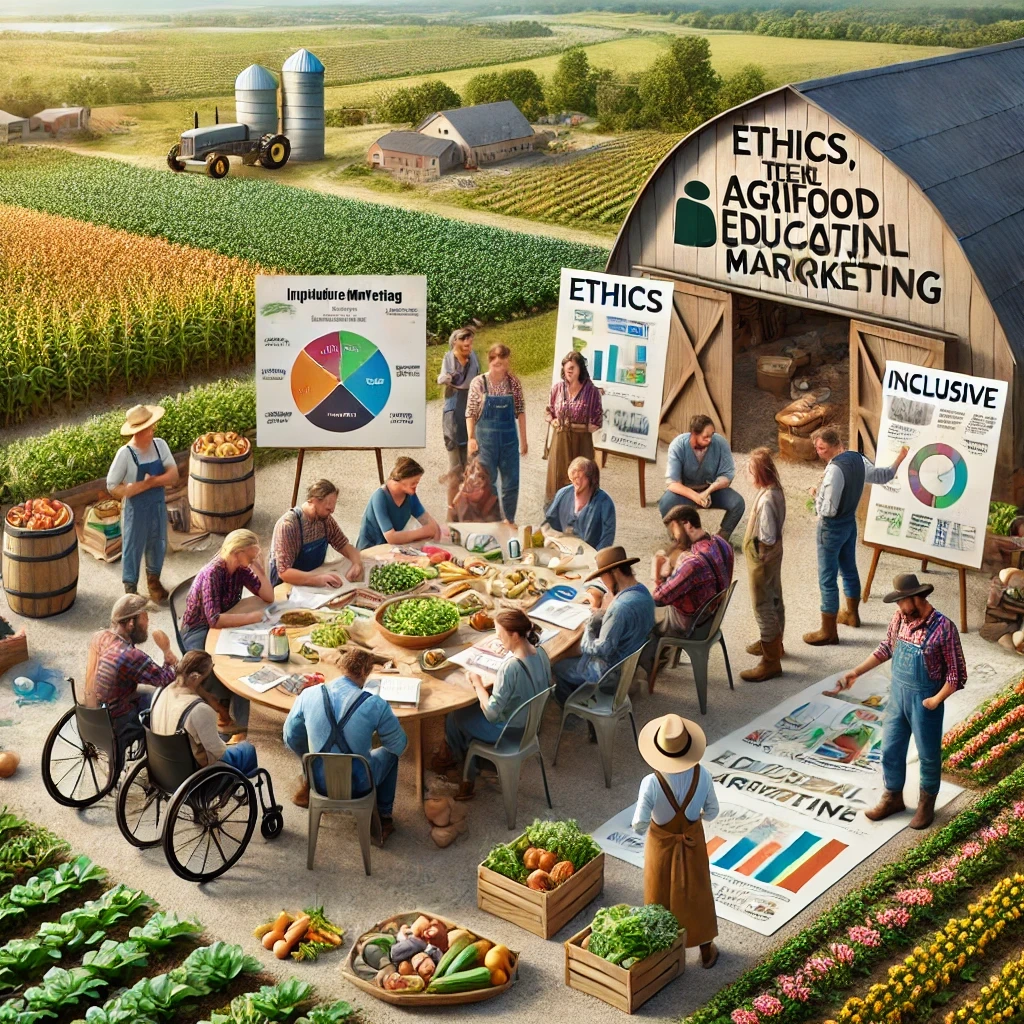
Promote ethics, gender equality, and inclusion in agri-food educational marketing
In many rural areas, gender disparity and social exclusion remain persistent challenges. Women, in particular, often face barriers to entering and succeeding in agricultural businesses, despite their crucial role in rural economies. By emphasizing ethics, gender equality, and inclusion in educational marketing, the project aims to create a more equitable business environment where all individuals, regardless of gender or background, can thrive. This objective is aligned with the EU’s broader goals of fostering social inclusion and gender equality, particularly in rural development programs. Moreover, ethical marketing—such as emphasizing sustainability and fair trade—appeals to modern consumers who increasingly value responsible business practices.
Expected results
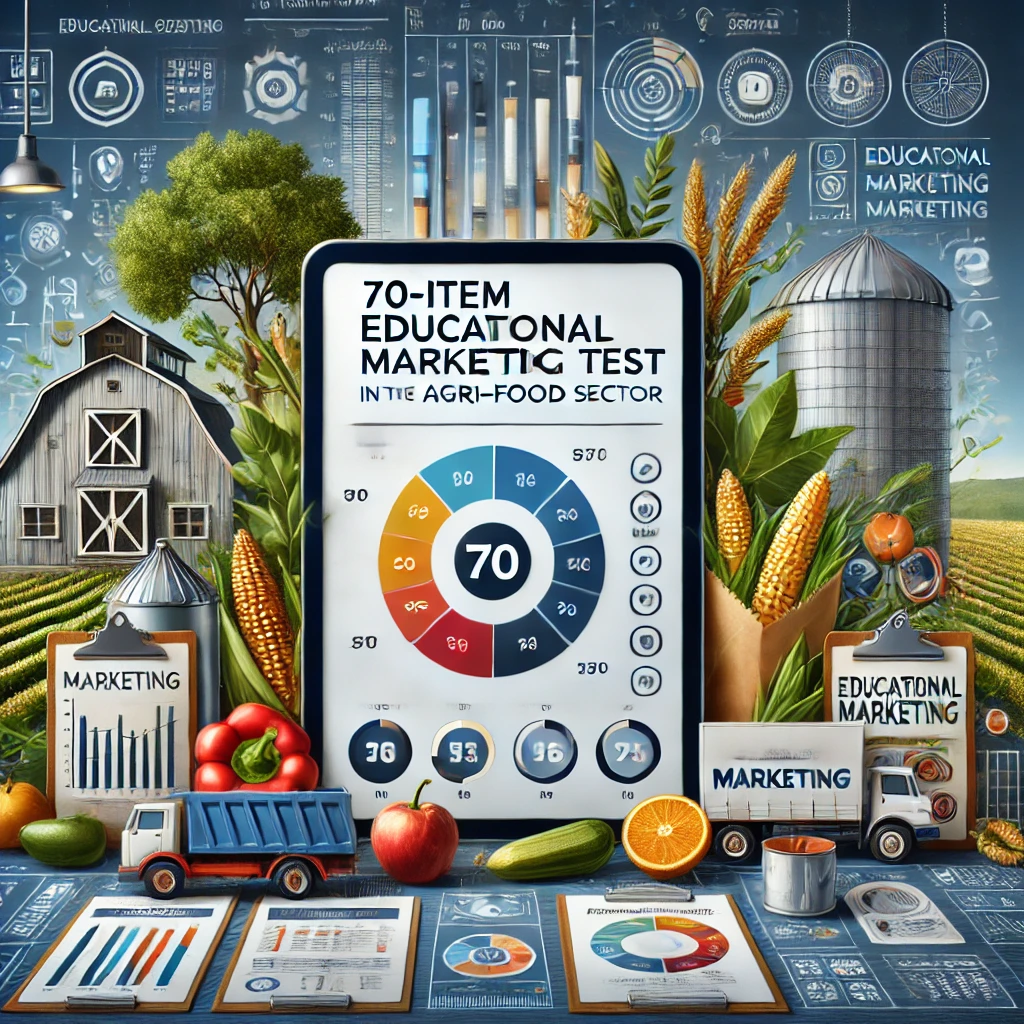
70-item psychometric test to measure educational marketing in the agri-food sector.
70 pages of policy review and recommendations based on input from 210 farmers.
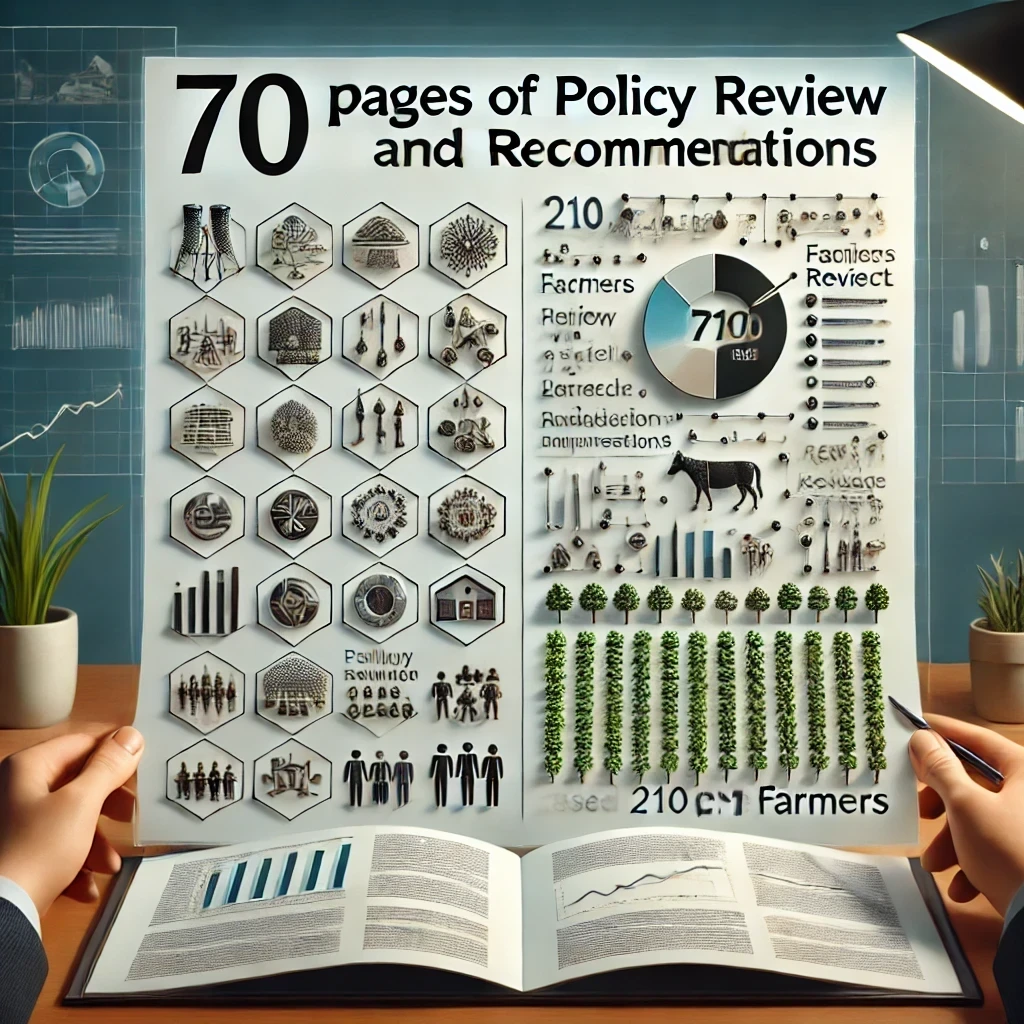

70-page atlas of educational marketing practices in the agri-food sector, with actionable descriptions.
The AgriXplainer MOOC (Massive Open Online Course) consisting of 7 modules and 280 minutes of video lectures.
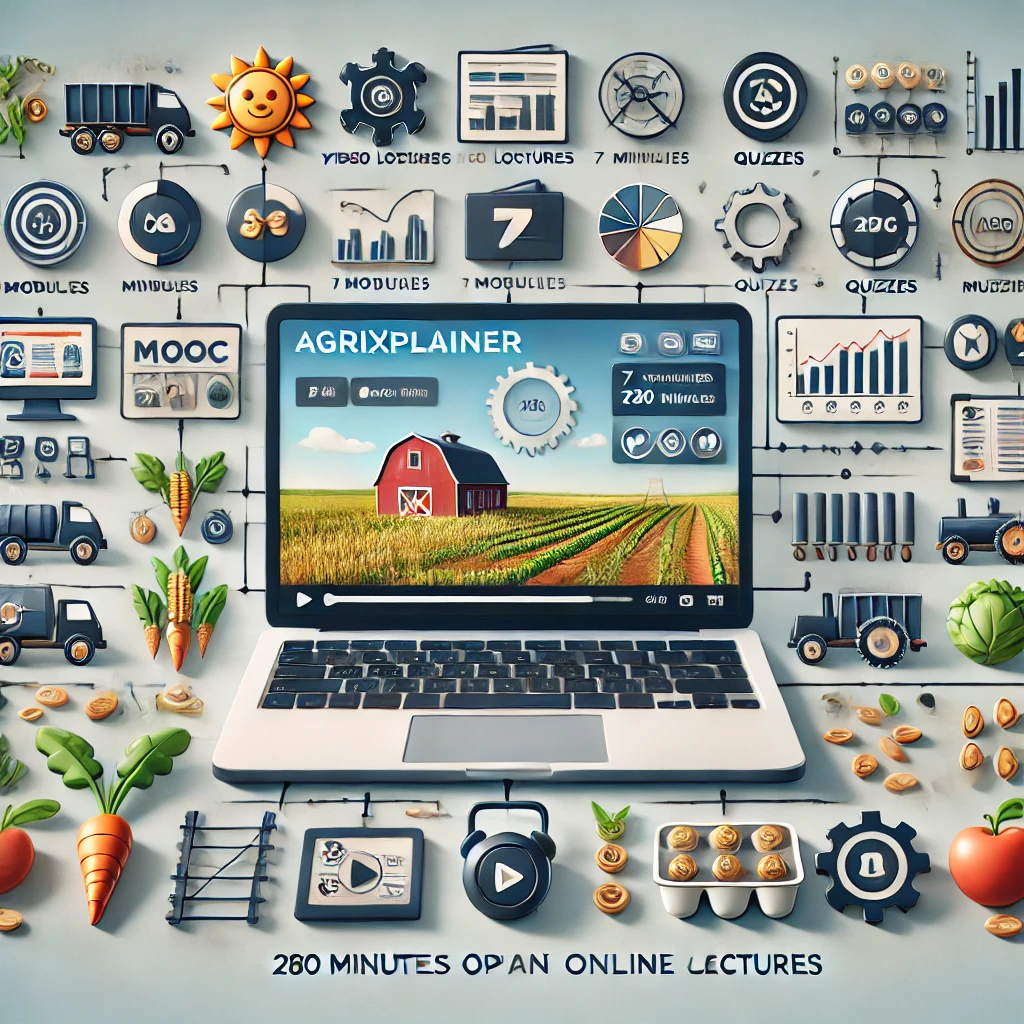
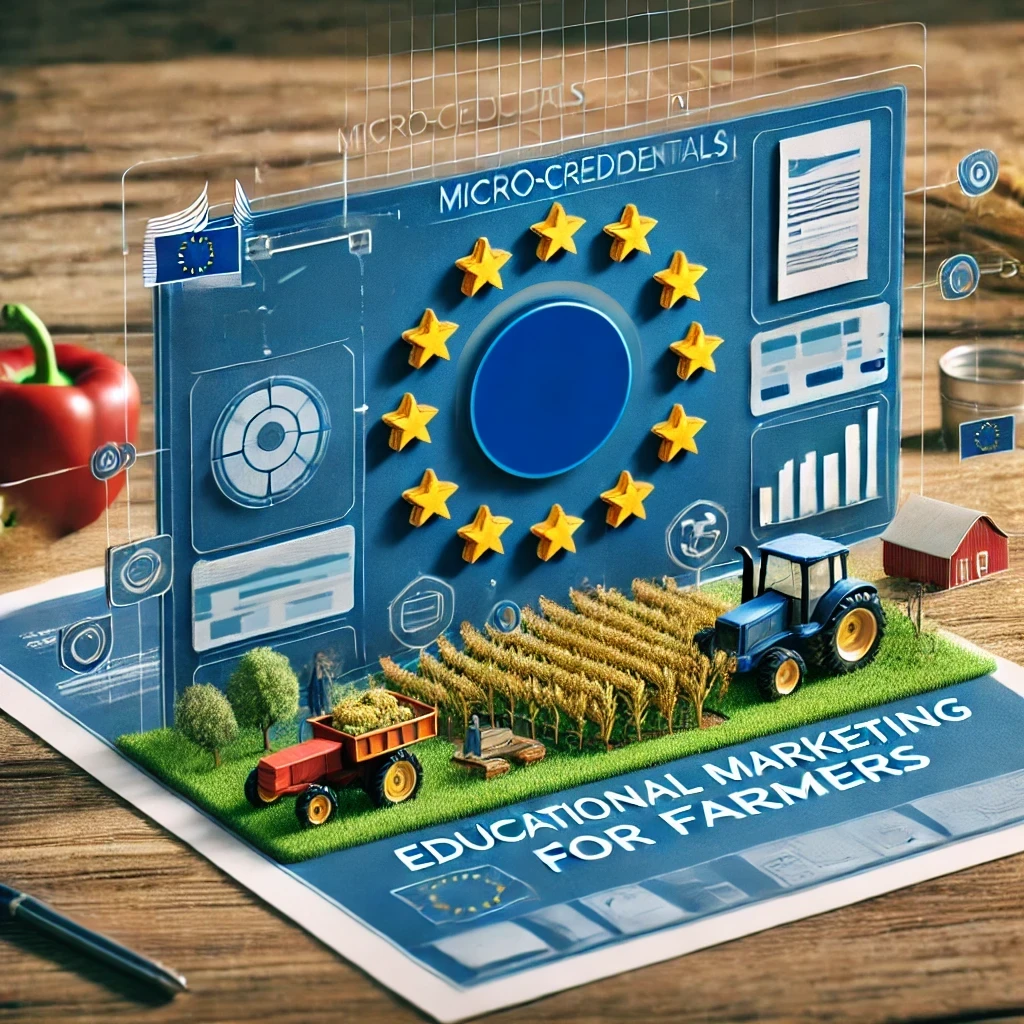
An EU Proposal for Micro-Credentials on “Educational Marketing for Farmers.”
